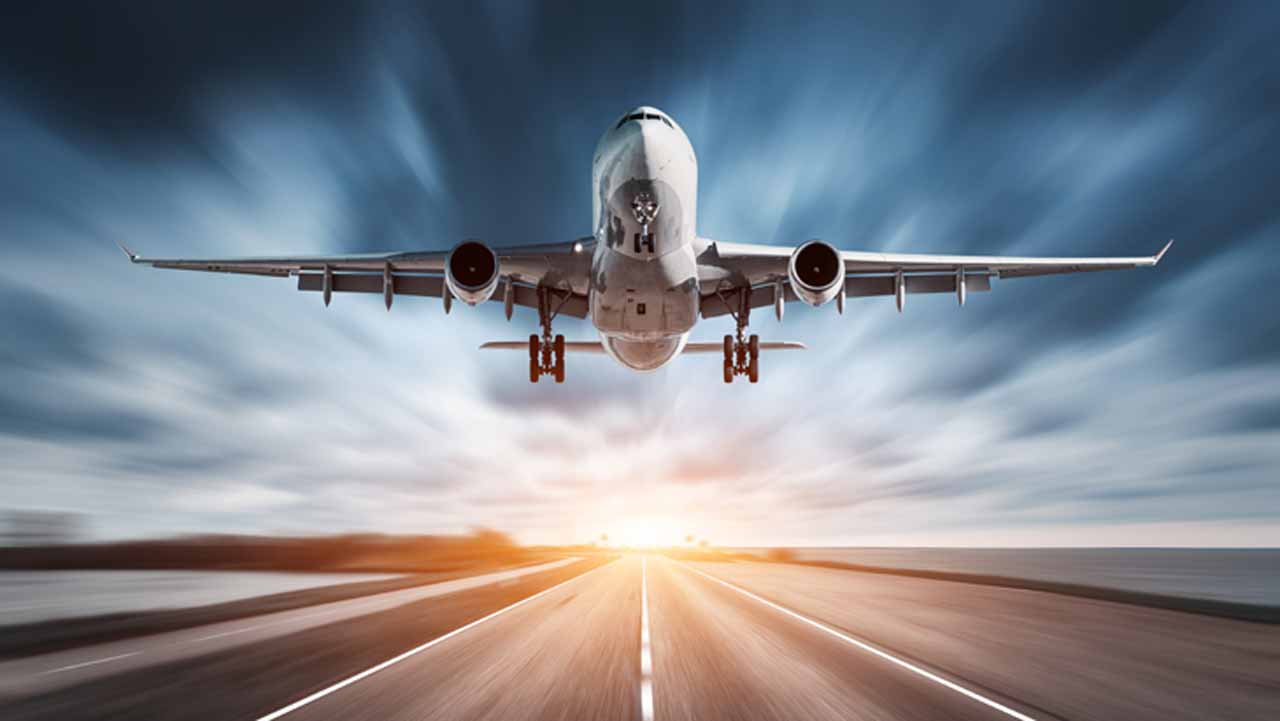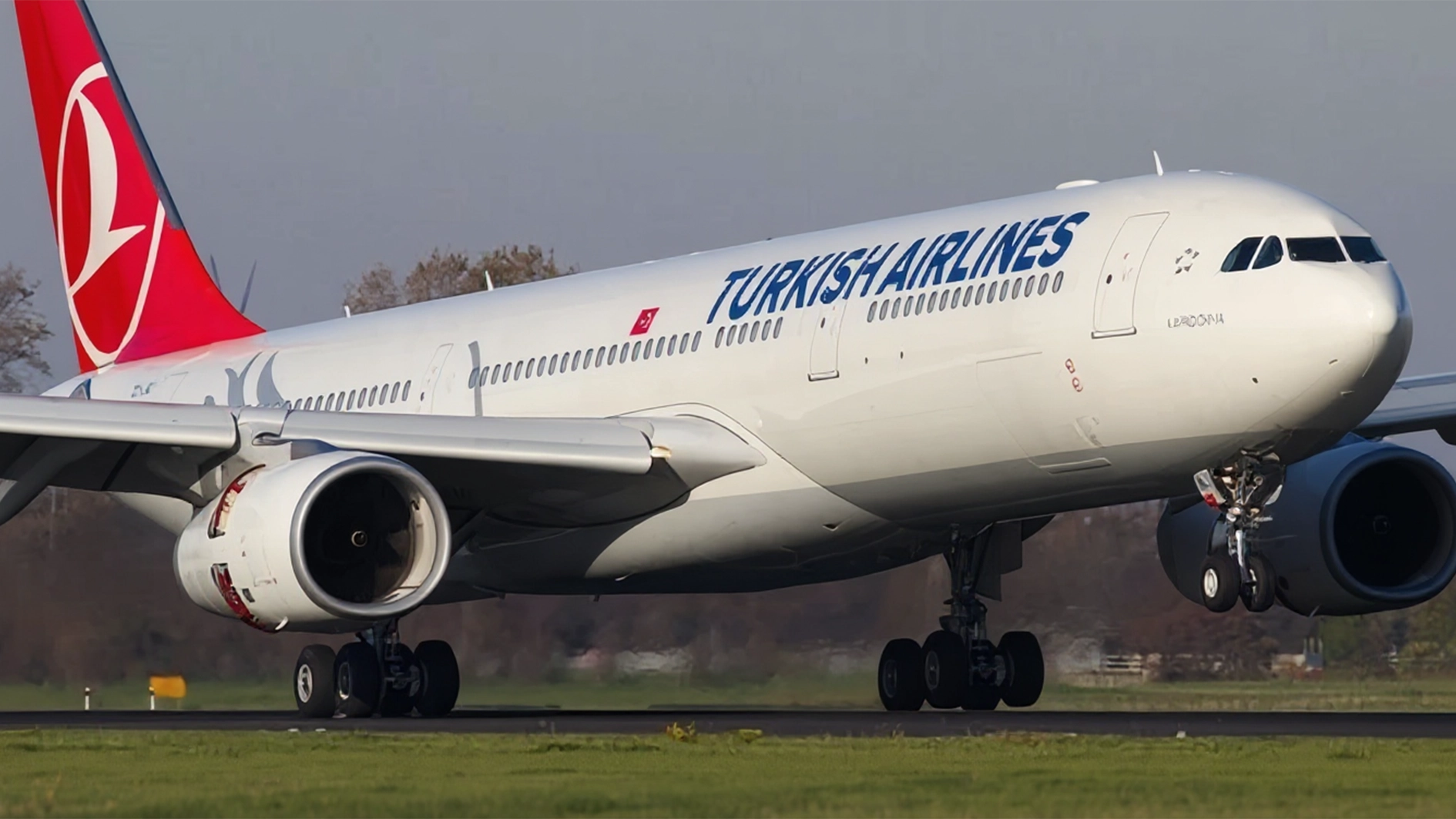
S/Africa’s green fuel potential hits 3.2 to 4.5b litres yearly
The International Air Transport Association (IATA) has once again bemoaned airlines’ trapped funds in African countries, currently estimated at $1.68 billion.
IATA, which is the clearing house for over 290 world airlines, said the perennial challenge is hurting the airlines, the concerned economies and growth of air transport on the continent.
Similarly, the body has warned Nigeria and other African countries to avoid imposing higher fees, levies, carbon taxes or new taxes on air transport, trade or tourism – given prevailing realities.
Meeting with delegates at the 55th yearly general assembly of the African Airlines Association (AFRAA), this week, in Entebbe, Uganda, IATA disclosed that $1.68 billion in airline funds remain blocked across the continent. This is despite repatriation from Angola, Ethiopia, Ghana, Nigeria, and Zimbabwe through IATA’s working with the respective governments.
It will be recalled that foreign airlines’ $793 million is trapped in Nigeria (as of August 2023 entry) due to complicated foreign exchange liquidity crisis. Of the sum, $300 million is legacy debt, which the Central Bank of Nigeria (CBN) has taken, but yet to remit to IATA on behalf of the airlines.
IATA’s Regional Vice-President for Africa and Middle East, Kamil Alawadhi, told AFRAA delegates that as of September 2023, $1.68 billion of airline funds were blocked across Africa out of $2.36 billion globally.
“The numbers are alarming and the impact of this on connectivity is devastating,” Alawadhi said. He reiterated that aviation is capital intensive, and cash flow is key for airlines’ business sustainability.
“When airlines are not able to repatriate their funds, it severely impacts their operations and impacts their decisions on where to fly. But the risk of blocked funds is not just limited to airlines; the negative impact extends to the countries blocking the funds.
“It impacts the country’s economy and its connectivity, and it hurts investor confidence and reputation. Aviation is not only an economic enabler, it is a pillar of modern economies.” He urged governments to prioritise aviation and find sustainable solutions in the clearing of blocked funds.
The Vice-President said further that Africa’s aviation industry is still recovering from significant losses due to the pandemic. And to make up for this shortfall, governments should avoid higher fees, levies, carbon taxes or new taxes regime.
These measures, he said, would only make air travel more expensive and less accessible in Africa, where the average airfare is already 30 per cent higher than the industry average and the jet fuel cost is 10-20 per cent higher than the global average.
“Higher costs would discourage customers who are sensitive to prices, resulting in lower demand and revenue for airlines and other stakeholders in the aviation sector, such as airports, ground handlers, suppliers and air navigation services.
“They would also hamper economic development and limit the opportunities for job creation and income generation. High cost leads to high price, which reduces demand and growth in a price elastic market, and ultimately affects connectivity negatively.
“The message is clear: governments should follow the International Civil Aviation Organisation’s (ICAO) policies on charges and infrastructure and consult with airlines and industry to ensure a fair and cost-effective operational environment that benefits a more connected continent,” Alawadhi said.
In a related development, South Africa is blazing an African trail in Sustainable Aviation Fuel (SAF) potential, ahead of the net carbon zero target of global aviation.
By 2050, SAF could account for around 65 per cent of reductions with the rest coming from new propulsion technologies, efficiencies, offsetting and carbon capture.
IATA noted that the SAF industry would need to leverage feedstocks across almost every country where Africa has a huge advantage, improving energy security, independence, and resilience for the African continent.
Africa holds significant potential for the development and deployment of SAF. For example, a comprehensive research study headed by WWF found that South Africa has the immediate technical potential to produce 3.2 to 4.5 billion litres of SAF annually, following the strictest sustainability requirements.
But only limited progress will be made towards African production of SAF without the right policy toolkit, starting with the need for a supportive policy framework whereby governments formulate national strategic plans for achieving sustainable aviation and involve all stakeholders.






